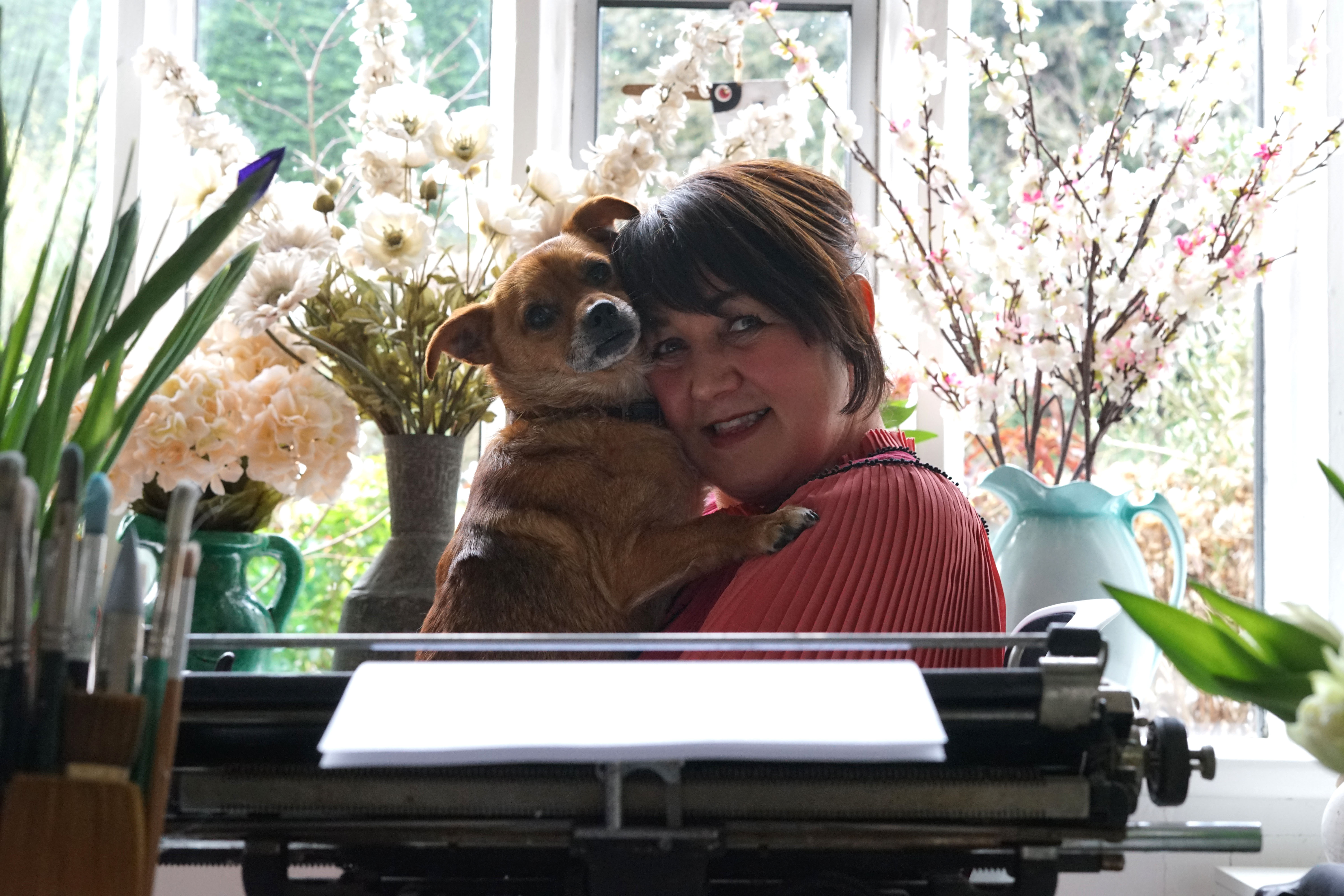I have experienced all aspects of the care system, from an adoption breakdown, going into the care system and now as a short and long-term foster carer. I have always been fascinated by how the focus of childhood trauma tends to focus on the child. There is an assumption that it is the child whose behaviour expresses trauma, but experience has shown me that the adults responsible for the care of children in the care system could do with a bit of work too. Often transferring their own unresolved issues onto the children to make a lovely mess, sadly it is the child who will be moved on not the adult. I write my books for the children both young and grown who have experienced misrepresentation from the adults and the system.
You need to be able to reflect in a coherent manner on your own childhood experiences. If you have experienced childhood trauma, or situations in your adult life that are left unspoken with no effort made to resolve them, they will have a substantial negative impact and influence how you treat your child. How did you, and do you, deal with illness, rejection, separation, abuse and loss?
I know an adopted boy, D, now aged 14-years-old, who told me that when he was younger his adoptive dad would shout at him. D said he hated this because he remembered his birth dad shouting at his birth mum and his siblings, so he didn't like shouting. His adopted mum didn't shout, so one day he told her how his dad's shouting made him feel and how he ended up shouting back and that it just got stupid, that neither of them would back down. His adopted mum said something because his adopted dad stopped and they get on really well together now. I know that D's adopted dad was devastated when his wife mentioned the shouting. At first, he didn't back down as he was stuck in this behaviour. It was only when his wife and adopted son refused to be part of his shouting behaviour by walking away that he sought therapy.
As I can't say often enough, we all have stuff, but unresolved childhood issues, if left, can end up being transferred onto our children. When I spoke to the dad, he openly acknowledged that his behaviour was learned from his own father who was blustery and dominant and he thought that was how men should behave. The adopted dad apologised to his wife and, and with the help of his therapist, has now learned strategies to prevent his old behaviour.
Make sure that you and your partner, family and friends have an understanding of what has happened to you. We usually tell the person we have most invested in of our childhood or bad experiences. If you haven't, I strongly advise you do that soon before you start the process. Imagine you are a child stuck in a state of trauma and your new parent, your role model, is avoiding their own issues. If you have not resolved your own issues you will create a toxic environment and your child can believe it's their fault.
I experienced childhood trauma and openly discussed it. The professionals felt I may be a risk and I had the light shone in my face with extra interviews and questions by those assuming that if we suffer trauma we become weak victims or roll over and die. I knew that it wasn't so, and encourage you not to allow any past trauma to derail the adoption process.
If you have experienced trauma you have a gift that needs to be cherished. You will need to advocate for your child and that starts by learning to advocate for yourself - but you must have done the work and demonstrate with absolute authenticity that you are ready. I passionately believe that our frailties and fractures are what make us human and make us suitable for looking after other people's offspring.
Louise Allen is the author of How to Adopt a Child


